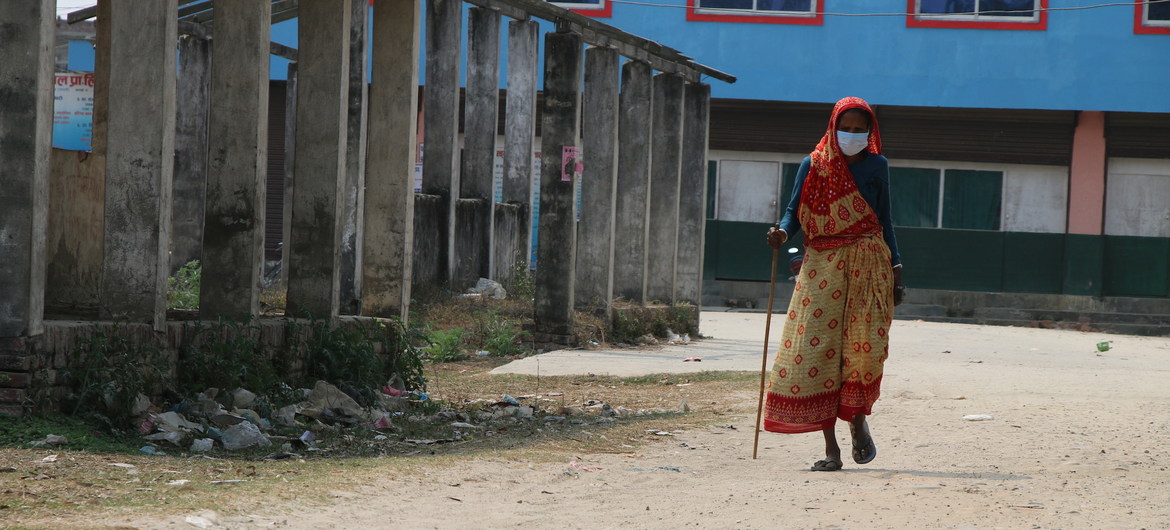United Nations: Ageism is a global challenge

In a new report, the World Health Organization (WHO), the United Nations Population Fund (UNFPA), the Department of Economic and Social Affairs (DESA), and the United Nations Office for Human Rights (OHCHR) warned that key institutions – health, social and legal systems – have been impacted by ageism.
According to the report, every second person in the world has age-based biases that lead to worse physical and mental health and reduced quality of life for older people, costing societies billions of dollars each year. Ageism has serious and far-reaching consequences for people's health and well-being, which exacerbate other forms of prejudice and disadvantage, including those related to gender, race, and disability.
The report highlighted the need for policies and laws that address ageism. All countries and stakeholders are called to advance the global collaboration for the United Nations Decade of Healthy Ageism by using data-driven strategies, improving data collection and research, and building a movement to change the way of thinking, feeling, and acting towards age and ageing.

